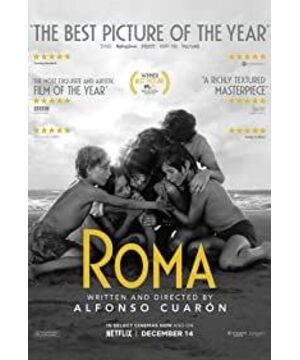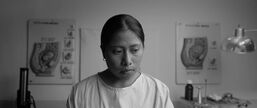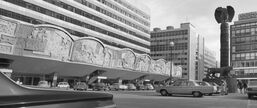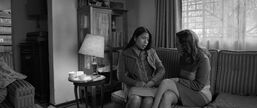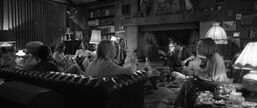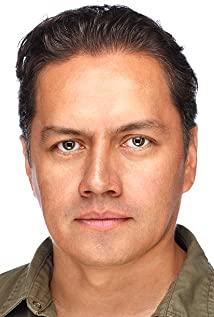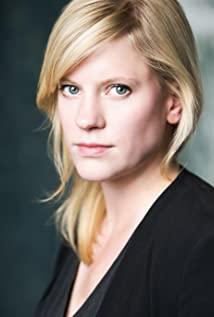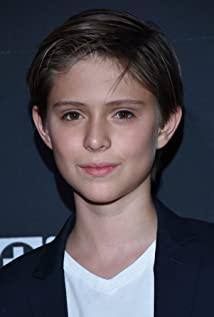First of all, I would like to state that I personally think that the long shot of this film is indeed a masterpiece, which is also what I like very much about this film. With the life of an exotic family and the lyrical plot trend, it is really an excellent viewing experience. However, I personally think that some people think that this kind of long lens and Kenji Mizoguchi's lens are so-called "similar in purpose", but I still disagree. Mizoguchi's lens expression is closer to the characters themselves, allowing us to pay more attention to the inner emotions of the characters, and the effect presented is more like, the dismantling of subjects in a neuro-comedy? (Haha, I can’t find an analogy. After all, there are more interesting set details in the Mizoguchi film, I can only say Mizoguchi YYDS), and the long shot of this film is really just for the collection of events told by the director, by the way Build a visual experience that removes the language. The emotions of the characters are hidden to a considerable extent and become a kind of suspense (after all, there is such an ending), which is more like the style of Orpheus. (If you want to say, the root of all evil in this practice should be Griffith, haha)
Well, next I will mainly talk about some of the points that I am more concerned about.
In this film, the light, shadow and layers highlighted by black-and-white photography are so good that our eyes can very clearly accept the whole picture of society created by the whole film. At the same time, the director can also ignore many too obvious contradictions, let us Focus on the life of family and servants. The long shot of the interior scene in the labor scene washes away the original temperament of trivial life and gives a comfortable sense of holiness: the panning shot on the street allows us to appreciate the director’s private goods (the comprehensive review of childhood and Magical atmosphere), and secondly, you can focus on the activities of the narrative main body, which is really brilliant (even if the purpose of this presentation is too simple and rude); the long shots at the party are to put the undercurrent of class opposition in the script as much as possible on the screen. Cover up, showing a kind of stability and harmony between people.
Of course, there are two other long shots that I like. One is the last wave. The dangerous scene is handled in a calm way. The danger felt is more frightening than ordinary shooting methods, and it is enough to make the audience feel The climax of the touch (it feels like the director's original "Gravity"), and secondly, after the street turmoil, the nanny Corio, who was about to give birth, hid in the second-floor shopping mall to meet the child's biological father, a feeling of fate and The desperation for the fate of the country is expressed quite well.
The above is my appreciation for the technique of this film, but it does make me feel uncomfortable talking about what the director of this film wants to avoid, and what he criticizes and appreciates inside and out. The added delicate emotional elements hide the class contradictions in the world, and the surreal photography and the magical reality set have a sense of feudalism. Not to mention the complete concealment of the reasons for the political chaos, it seems that it is simply to achieve a kind of distrust of the government and social groups. You say this is anti-war and anti-violence? Well, yes, but it seems to promote and endorse a "petty bourgeoisie" more thoroughly. (Don't say it, anyway, the director's inclination in this regard makes it difficult for me to agree.)
I still give this film 4 stars for its artistic performance, but with what I said just now, I am afraid the rating will be much lower. Alas, when I watch a movie, it's really annoying to have to separate my perceptions because of political issues. (Speaking of which, the more I write this review, the more I feel like ZH, ah...)
View more about Roma reviews


